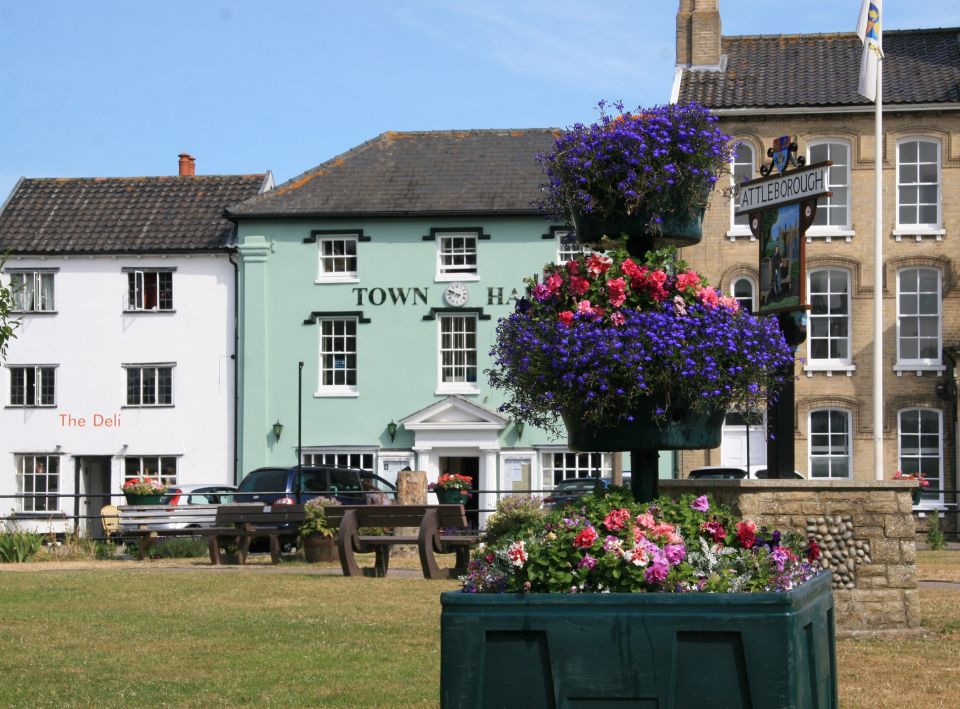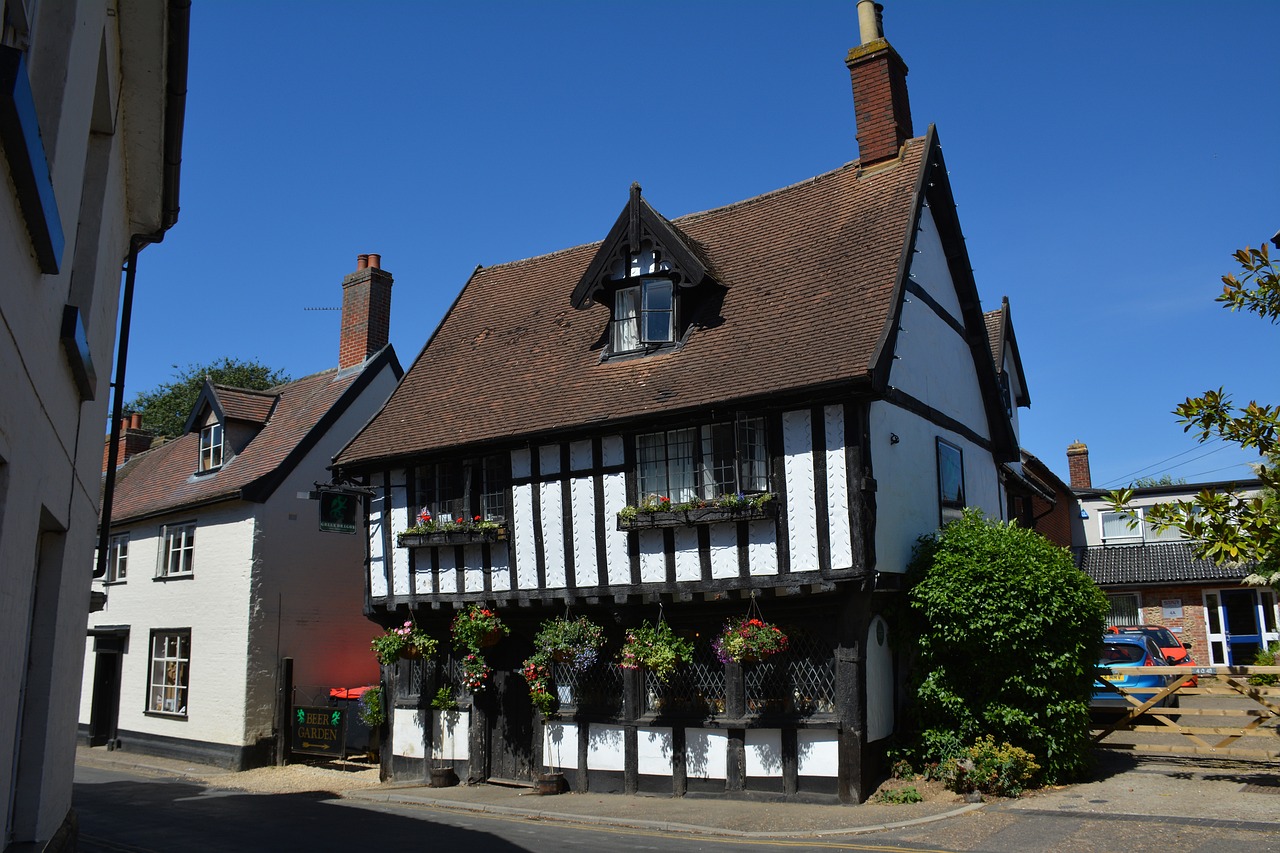Wymondham’s Fascinating History Revealed
We are proud to be one of Wymondham’s leading Estate Agents. We have called Wymondham our home for over 20 years. We love our hometown and would urge anyone to consider it for their own home, especially given its fascinating history that we delve into below…
Wymondham is a historic market town located in the county of Norfolk, England. Its history stretches back over a thousand years, with evidence of settlement in the area dating back to the prehistoric era. Here’s an overview of the history of Wymondham:
Early Settlement: The earliest evidence of human settlement in the Wymondham area dates back to the prehistoric era. Archaeological finds suggest that the area was inhabited during the Neolithic and Bronze Ages.
Roman Occupation: During the Roman occupation of Britain, Wymondham was situated on the major Roman road linking the important settlements of Venta Icenorum (modern-day Caistor St. Edmund) and Durobrivae (modern-day Peterborough). Roman artifacts and remains have been found in the vicinity, indicating some level of Roman presence.
Medieval Period: Wymondham’s development as a town began in earnest during the medieval period. The town’s name is believed to derive from the Old English words “Windham” or “Wymond’s Ham”, meaning Wymond’s homestead. The Domesday Book of 1086 records Wymondham as a thriving settlement with a population of around 300 people. During this period, a Benedictine priory was founded in Wymondham by William d’Aubigny, a Norman nobleman.
The Priory: The Benedictine priory, dedicated to St. Mary and St. Thomas the Martyr, became a significant religious and economic centre in the region. The priory played a crucial role in shaping the town’s development, providing employment and attracting pilgrims. However, like many monastic institutions, it was dissolved during the Dissolution of the Monasteries in the 16th century under Henry VIII.
Market Town: Wymondham grew as a market town, with markets and fairs granted by royal charter. The market cross, dating from the 17th century, still stands as a testament to Wymondham’s market town heritage.
Civil War: Wymondham played a role in the English Civil War. In 1643, during the Siege of Norfolk, Royalist forces attacked and captured the town, causing significant damage. The town’s Market Cross was reportedly used as a platform for Parliamentarian prisoners to be hanged.
Industrial Revolution: Like many rural towns, Wymondham experienced some growth during the Industrial Revolution, particularly with the expansion of the railway network. The railway arrived in Wymondham in the mid-19th century, connecting it to Norwich and facilitating trade and transportation.
Modern Era: In the modern era, Wymondham has continued to develop as a residential and commercial centre. Its historic charm, with timber-framed buildings and narrow streets, has made it a popular destination for visitors interested in exploring Norfolk’s heritage.
Today, Wymondham retains much of its historic character while also embracing modern amenities and industries, making it a vibrant and attractive place to live and visit in Norfolk.




